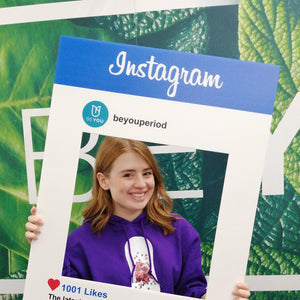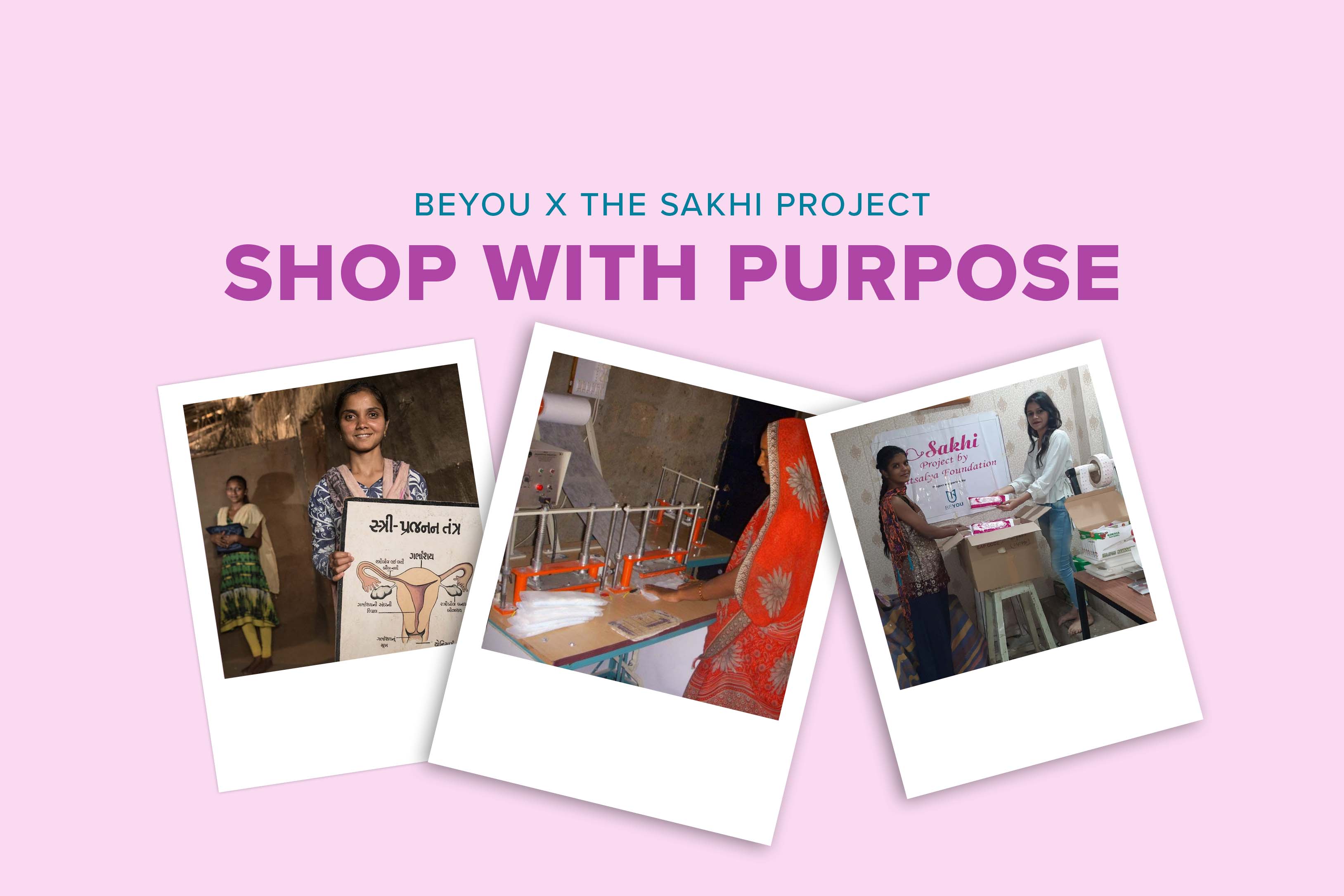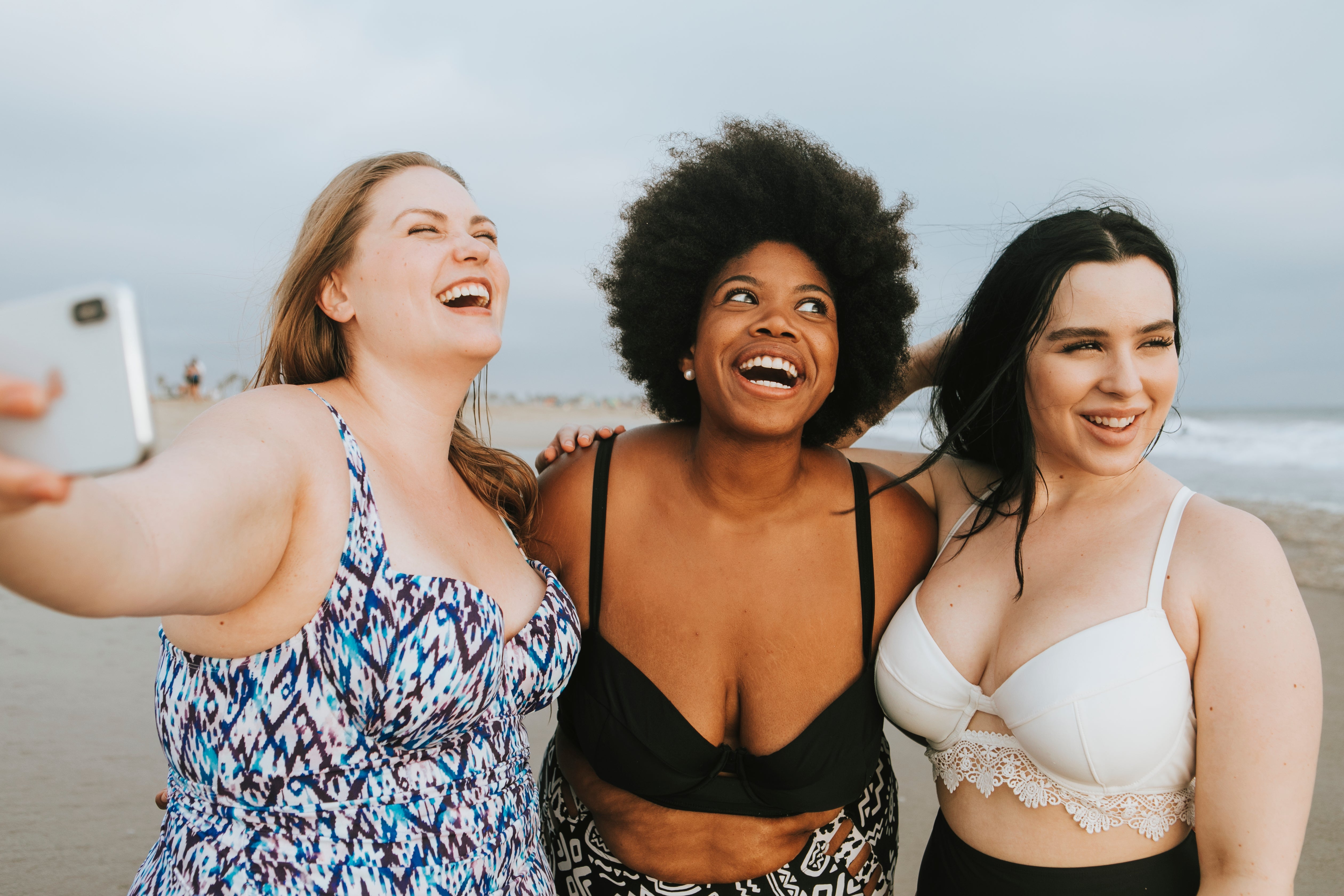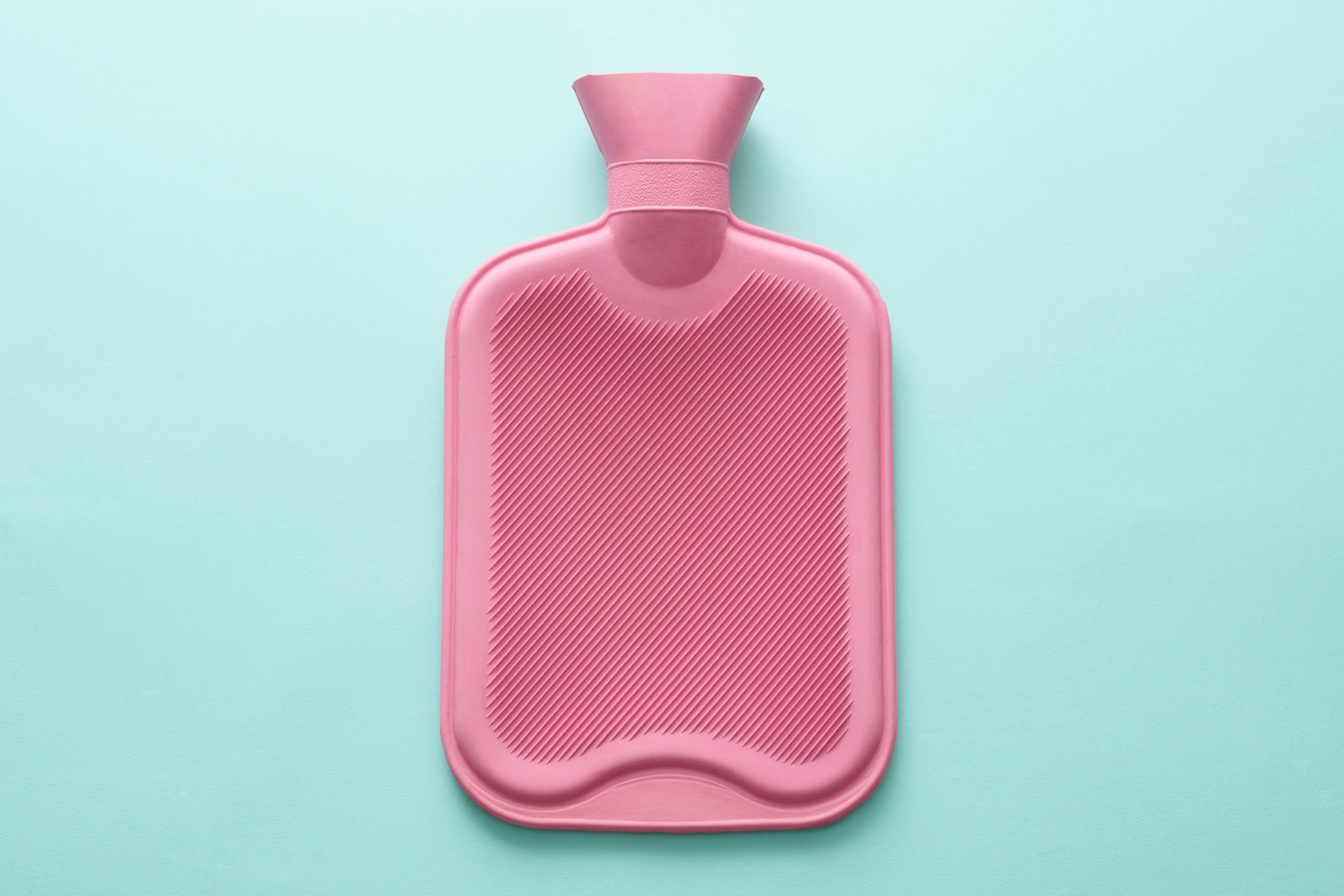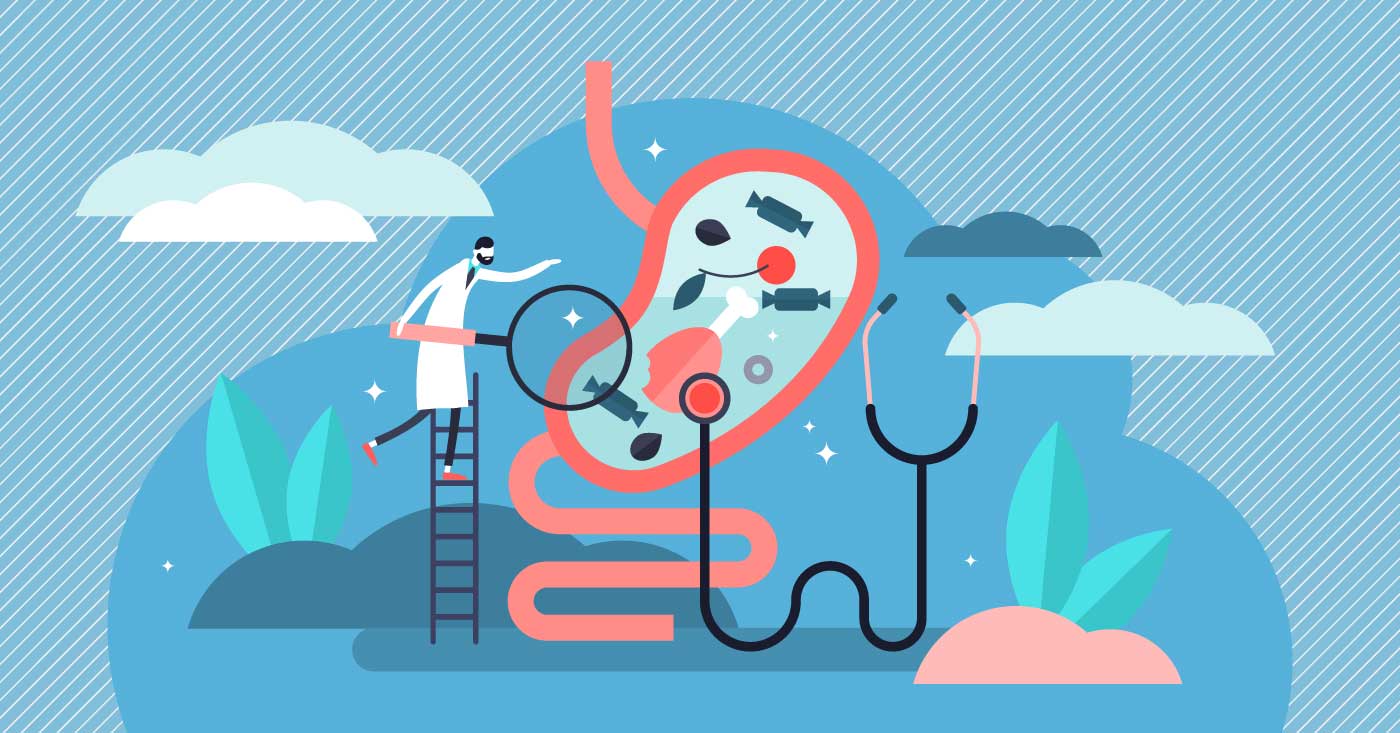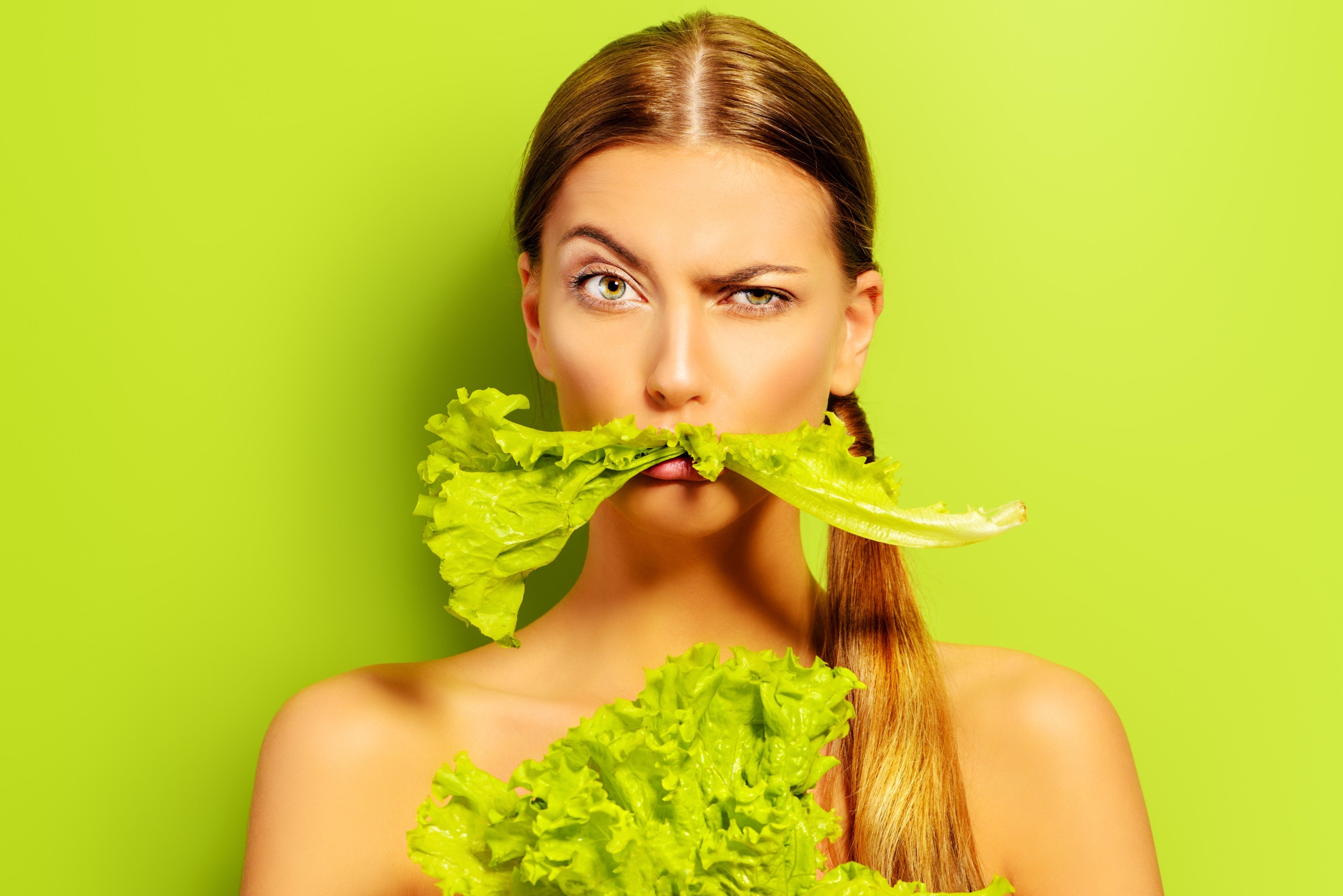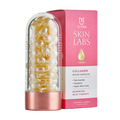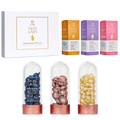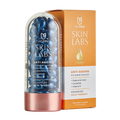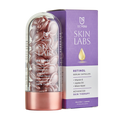Account
BeYou always and forever!
We want you to BeYou, so we help in everyway we can, from revolutionary products to science backed infomative guidance. Join the community today.
My Cart
1
items
|
Want Free Delivery?
Spend £20.00 or more for free delivery
FREE SHIPPING
Complete your routine
